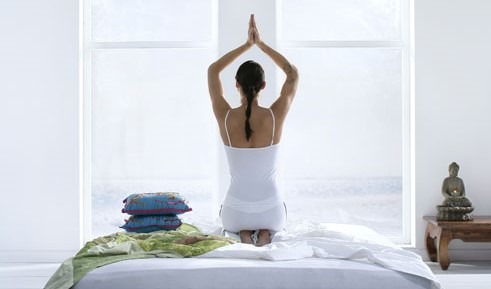
Millennials on the Move
While the term “millennial” is oftentimes broadly equated with words like “entitled“ “spoiled,” and “narcissistic,” many millennials are in fact bucking this stereotype—they are showing in their own special and pioneering way that they’re doing more than their fair share in helping shape a better tomorrow for humankind.
Let’s meet three young Filipinas who are proving critics of millennials wrong as they strive to make their mark as social entrepreneurs in their chosen fields of endeavor.
When she was 13, Mica Tan started trading stocks and at 19, she formed her own distribution business. At 21, she established MFT Group of Companies, a financial holdings firm that provides financial assistance to other companies.
“In just a span of a year and a half, MFT has already undergone a whole lot of changes,” Mica says. “We started with two companies under our belt and now we have expanded to nine and are still growing. Our company focuses on angel investing which provides tailor-made funding to empower, as of the moment, nine businesses (some of them as old as forty years) to achieve their goals. These firms are engaged in diverse businesses and fields including manufacturing, publishing, film production, agriculture, and soon, pharmaceuticals.”
Mica adds that “with every company that joins or opens up to a young group like us, we see it as a way for us to also grow personally and professionally.”
In her first year in high school, Alexandra “Alex” Eduque got involved with Habitat for Humanity through a school project in which she was assigned to volunteer her services in helping to build homes for the underprivileged in a community in Amadeo, Cavite.
The weeklong experience made a huge impression on her, she recalls. “I remember enjoying it so much and finding so much fulfillment in what I was able to accomplish that week, and thought to myself that if I got involved even more and shared more of my time, I would be able to help out even more than I already had.”
“That summer, I took it upon myself to contact the Habitat for Humanity headquarters in the Philippines and a few weeks later, I found myself building homes in Baseco, Tondo, Manila. For two months, I went there every day and engaged in a multitude of construction tasks, alongside making friends with the community.”
From there, Alex has moved on to found her own organizations, such as Move.org Foundation, Inc., also known as MovEd (Molding Optimism and Values through Education), an offshoot of her undergraduate thesis work at Barnard College in New York. MovEd provides early childhood care and development programs in underserved communities through holistic education, providing children with the foundation to succeed in school.
When Tal de Guzman of Risqué Designs by Tal was studying fashion and accessories design, she realized that most Filipino designers were focused on apparel, bags, or jewelry. She noted that Filipino shoe designers were rare, and even rarer were those who used local materials in their creations. She found this scarcity to be an opportunity worth exploring.
And so Risqué Designs by Tal, her first business venture, was formed. “Most brands are content with using conventional materials such as leather, suede, canvas and lace,” she says. “But the Philippines has a rich array of textiles. Risqué uses handwoven fabrics from different parts of the country, but now mostly focuses on the traditional art of hablon-making in Valladolid, Negros Occidental. We not only use this fabric in our designs, but we also help our hablon weavers improve their income—this is part of our advocacy.”
Tal adds that many of her shoe designs are outrageous enough to make people do a double take and question if they are wearable or not (they are). “I like pushing boundaries with my designs, making use of materials in ways that haven’t been used before for shoes,” she says.
Because of her unique designs, Tal has been the recipient of different recognitions and awards. “Somehow it feels like a sort of validation, in terms of the concept and the business,” she says. “It propels me to move forward and do more.”
Photo: Pabak Sarkar

